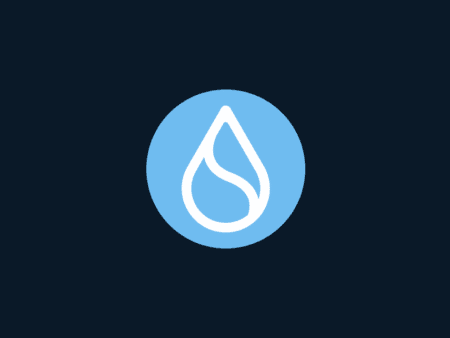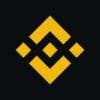⚡ TL;DR – Oracles Explained: Bringing Real-World Data On-Chain
A blockchain oracle is a service that connects smart contracts with external data sources like real-world prices, weather, or events. Oracles are essential for DeFi, NFT pricing, and cross-chain applications. Popular oracle providers like Chainlink, Pyth Network, and Band Protocol support multiple blockchains including Solana, Ethereum, and Binance Smart Chain.
❓ What Is an Oracle in Blockchain?
A blockchain oracle is a third-party service that delivers real-world data to smart contracts on a blockchain. Since blockchains like Solana, Ethereum, and Binance Smart Chain are isolated systems that cannot directly access external information, oracles act as bridges between the blockchain and the outside world.
Oracles enable smart contracts to interact with off-chain data such as asset prices, sports scores, weather updates, and API feeds. This makes them critical for decentralized applications (dApps) in sectors like DeFi, gaming, insurance, and NFTs.
How Do Blockchain Oracles Work?
Smart contracts are self-executing programs that rely on data to trigger actions. Since they can’t fetch data themselves, oracles act as trusted sources that supply this information. There are different types of oracles, including:
- Price Oracles – Provide up-to-date asset prices (e.g., ETH/USD, SOL/USDC).
- Event Oracles – Feed real-world outcomes to smart contracts (e.g., sports results).
- Random Number Generators (RNGs) – Generate unpredictable values for games or lotteries.
- Cross-Chain Oracles – Facilitate communication between different blockchains.
Oracle Providers Across Blockchains
On Solana
- Pyth Network – High-speed oracle providing real-time price feeds.
- Switchboard – Decentralized and developer-friendly oracle network.
- Chainlink – Cross-chain oracle integrated with Solana and other networks.
On Ethereum
- Chainlink – The leading oracle provider in the Ethereum ecosystem.
- Band Protocol – Delivers off-chain data using a decentralized model.
On Binance Smart Chain (BSC)
- Band Protocol – Popular for low-cost oracle services on BSC.
- Chainlink – Supports DeFi platforms and token swaps on BSC.
Use Cases for Blockchain Oracles
Oracles power a wide range of use cases, such as:
- DeFi Platforms & DEXs: Provide real-time asset prices to support accurate token swaps (e.g., Raydium on Solana, Uniswap on Ethereum).
- Lending Protocols: Help determine collateral values and liquidation thresholds for loans.
- NFT Marketplaces: Enable floor price tracking and pricing analytics for collections (e.g., Tensor on Solana, OpenSea on Ethereum).
- Prediction Markets & Betting: Report verified outcomes from sports and real-world events.
- Trading Bots & Derivatives: Use live data feeds for algorithmic trading decisions.
- Cross-Chain Bridges: Support interoperability between blockchains by verifying transactions across networks.
🔑 Key Takeaways
- Oracles are bridges between blockchain and off-chain data sources.
- Smart contracts depend on oracles to interact with real-world information.
- Leading providers include Chainlink, Pyth Network, Switchboard, and Band Protocol.
- Oracles enable critical functionality in DeFi, NFT pricing, gaming, and cross-chain communication.
❓ Frequently Asked Questions About Oracles
A crypto oracle is a service or protocol that feeds external data (off-chain) into a blockchain, allowing smart contracts to react to real-world events, like asset prices, weather conditions, or sports results.
Blockchains are closed systems — they can’t access real-world data on their own. Oracles act as a trust layer, letting smart contracts interact with off-chain information securely and verifiably.
Both exist. Some oracles are centralized and rely on a single data source, while others, like Chainlink, are decentralized networks that aggregate multiple sources to ensure accuracy and reduce risk.
Oracles power DeFi price feeds, liquidations, insurance triggers, cross-chain communication, random number generation, NFT metadata, and more. They’re essential for building advanced dApps.
They can introduce risks, especially if poorly designed. A faulty or manipulated oracle can cause massive smart contract failures. That’s why oracle security is a key part of DeFi protocol design.
Chainlink is the most widely adopted decentralized oracle network. Others include Pyth, Band Protocol, Switchboard, and API3 — depending on the blockchain ecosystem.
Yes. Some oracles push updates regularly, while others are pull-based, meaning a smart contract requests data when needed. Advanced oracles offer both methods for flexibility.












